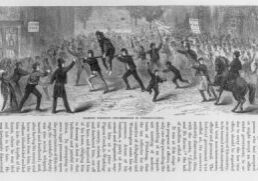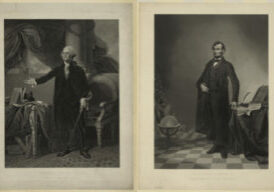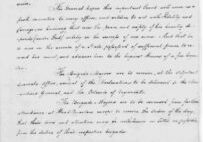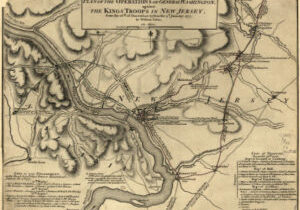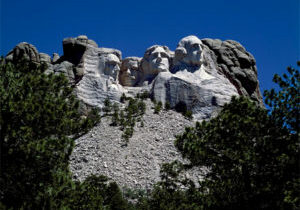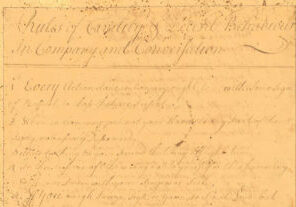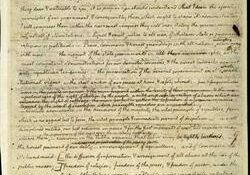Lesson Plans
Liberty and Civility: Rules for Citizens in a Democratic Society
Students examine George Washington’s Rules of Civility in preparation for learning how and why citizens in a free society are expected to exercise personal civility. Students will then apply their understanding by creating civility posters and analyzing and addressing examples of incivility in a comic strip.

